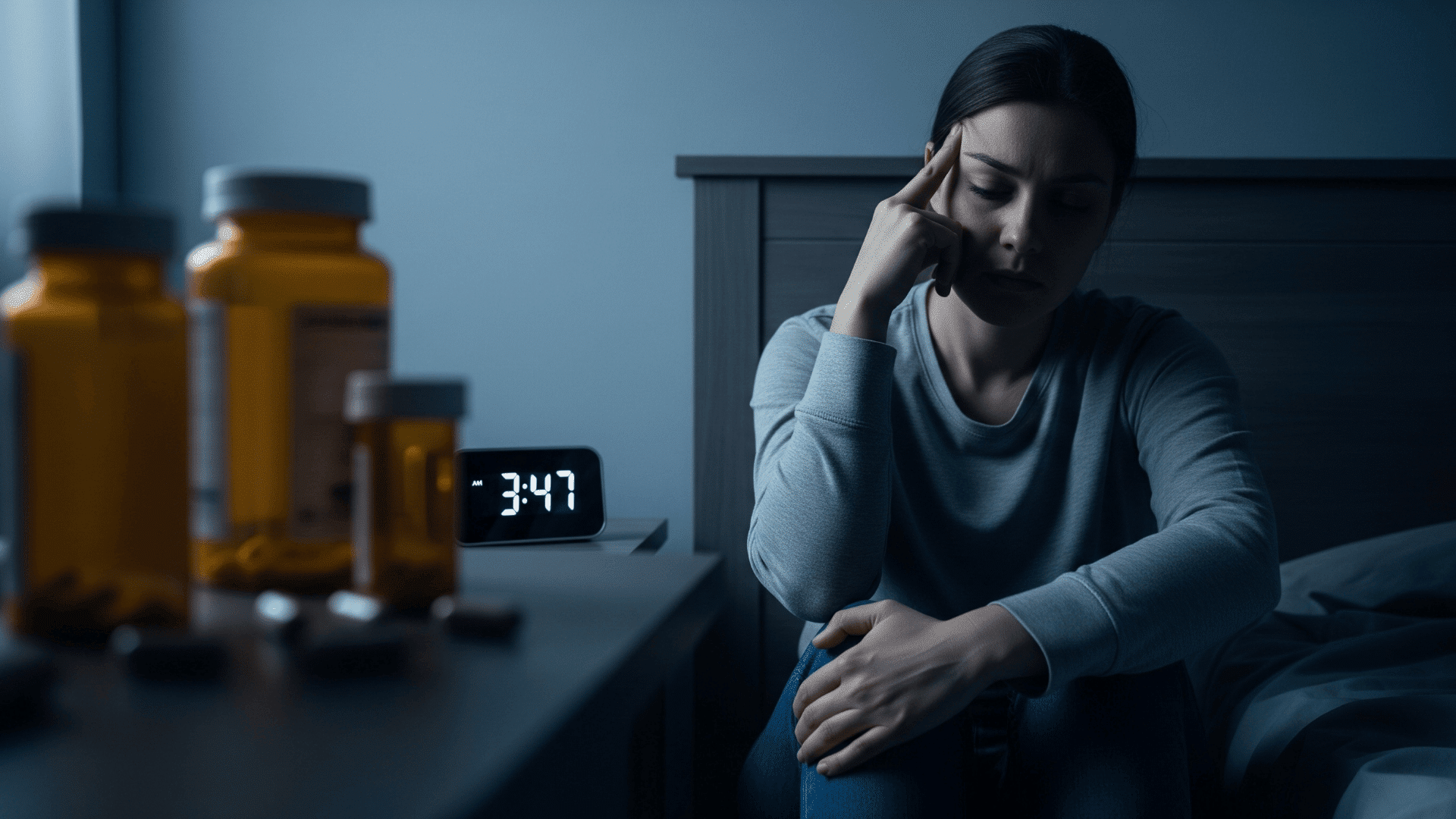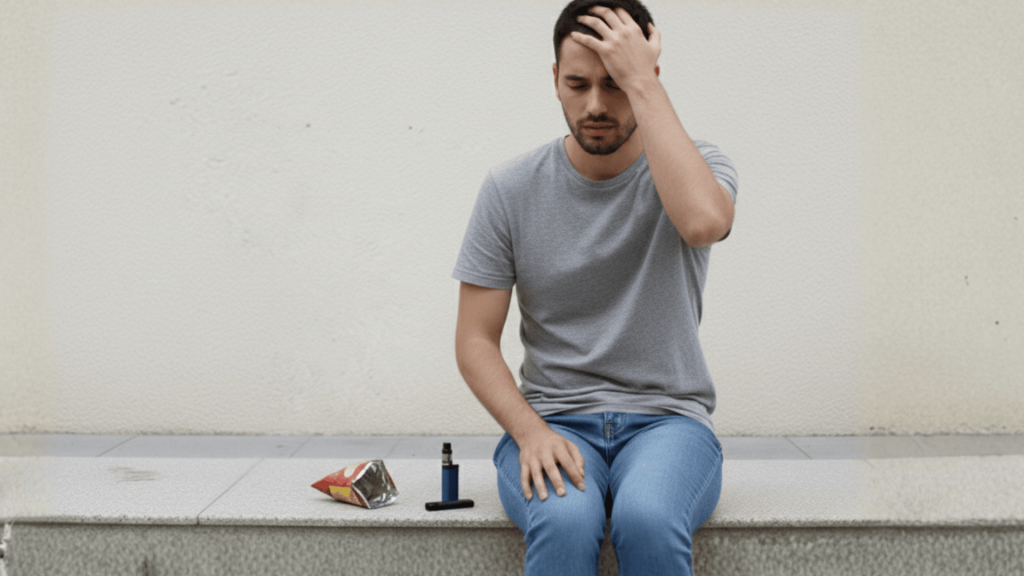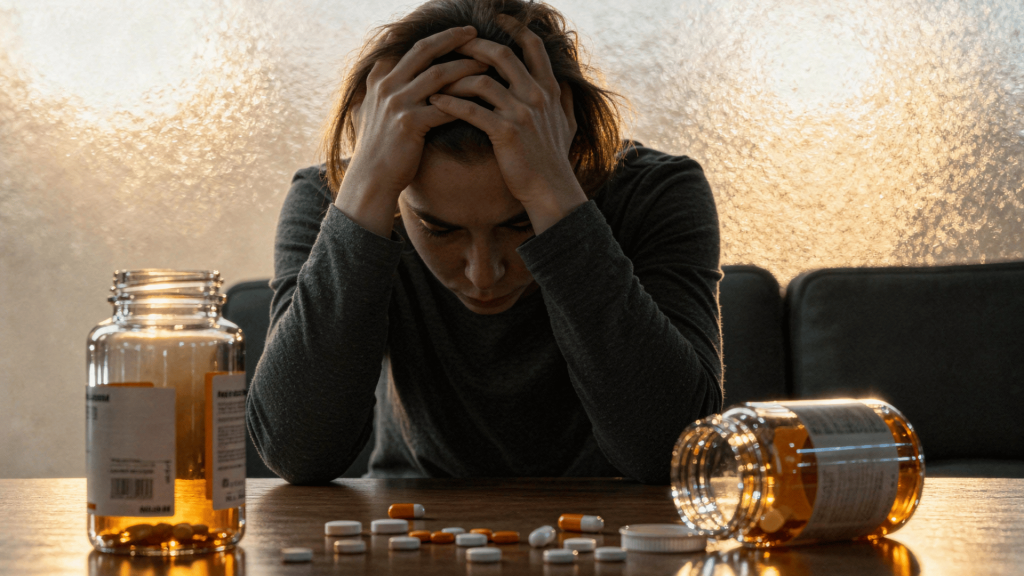I remember the first time I learned about benzodiazepines like Xanax, Valium, and Ativan. They are often given to ease anxiety or help with sleep.
At first, they seem safe when taken under a doctor’s care. But I soon realized that long use or misuse can become dangerous. Dependence can build quietly until stopping feels impossible without help.
Addiction is not a choice, but a medical condition that demands proper care. I came to understand that recovery takes more than willpower. Benzodiazepine addiction treatment needs medical guidance, therapy, and ongoing support.
Here, I share the process as it unfolds from start to finish. My goal is to make the path clear, one step at a time.
Understanding Benzodiazepine Addiction
Benzodiazepine addiction develops through a gradual process. At first, tolerance occurs, meaning a person needs larger doses to feel the same calming effect.
Over time, physical dependence emerges, making it difficult to function without the drug. Alongside this, psychological cravings grow stronger, often creating an intense pull to continue use.
Recognizing the signs is very important. Symptoms may include memory difficulties, confusion, constant drowsiness, or difficulty concentrating on routine tasks.
Emotional changes such as irritability, mood swings, or anxiety when doses wear off are also common. Daily life may begin to center around obtaining and using the medication.
Stopping suddenly, however, can be extremely dangerous. Withdrawal may bring severe anxiety, intense restlessness, or even seizures.
Medical Detox and Withdrawal Management
Medical detox provides the safest path for overcoming benzodiazepine dependence. Professional supervision is necessary because abrupt withdrawal carries high risks, including seizures. Under medical care, treatment usually begins with gradual tapering.
Doses are reduced step by step, allowing the body to adapt steadily. This process lowers the intensity of withdrawal and protects overall health.
A common approach involves using long-acting benzodiazepines such as diazepam. These medications provide a smoother taper by staying active in the body longer.
Supportive medications may also be prescribed. For example, anticonvulsants lower seizure risks, antidepressants stabilize mood, and sleep aids bring needed rest.
Detox may take place in inpatient or outpatient settings. Inpatient recovery ensures continuous monitoring for higher-risk cases, while outpatient care supports those with stable home environments.
Therapy Options in Benzodiazepine Addiction Treatment

Therapy plays a central role in long-term recovery from benzodiazepine addiction. While detox addresses the physical side, therapy helps manage emotional struggles and prevents relapse.
1. Cognitive Behavioral Therapy (CBT)
CBT teaches people healthier ways to handle anxiety and stress without relying on benzodiazepines.
Sessions focus on identifying negative thought patterns and replacing them with balanced, realistic beliefs. Clients also learn relaxation techniques, coping strategies, and problem-solving skills.
By building these tools, CBT reduces both psychological cravings and fear of withdrawal. This therapy is practical, structured, and widely recognized as effective in supporting sustainable recovery outcomes.
2. Motivational Interviewing
Motivational interviewing helps individuals explore their personal reasons for change. Instead of pushing, the therapist guides with empathy and curiosity.
The approach encourages people to voice their goals, values, and the obstacles that hold them back. This builds internal motivation, rather than relying on outside pressure.
By strengthening readiness for recovery, motivational interviewing supports commitment to treatment and reduces relapse risks. It is especially useful with clients who feel ambivalent about giving up benzodiazepines.
3. Group Therapy and Peer Support
Group therapy creates a safe space where people share challenges and victories with others facing similar struggles. This reduces the sense of isolation often linked to addiction.
Hearing real stories from peers can inspire hope while allowing participants to feel understood. Peer support also strengthens accountability, as group members encourage progress and discourage relapse.
Many groups focus on relapse prevention strategies, such as identifying triggers and developing coping skills. The shared experience often becomes a powerful foundation for recovery.
4. Trauma-Informed Therapy
For many, underlying trauma fuels benzodiazepine misuse. Trauma-informed therapy acknowledges past experiences and creates a safe, supportive environment for healing.
Professionals avoid re-traumatization by emphasizing trust, safety, and empowerment. Sessions gradually help individuals process painful memories and develop healthier coping strategies.
By addressing the root cause of distress, this therapy reduces reliance on medication as a form of escape. When trauma is understood and managed, the path to recovery becomes stronger, more stable, and far less overwhelming.
Holistic and Supportive Treatments
Holistic approaches strengthen recovery by restoring balance to the body and mind. They complement detox and therapy, creating healthier routines for lasting progress.
| Category | Focus | Key Benefits |
|---|---|---|
| Stress Management | Mindfulness, yoga, and meditation encourage calm thinking and better awareness of emotions. | Lowers anxiety, improves focus, and offers healthier coping tools. |
| Lifestyle Habits | Balanced nutrition, daily exercise, and proper sleep hygiene support physical recovery. | Restores energy, stabilizes mood, and repairs disrupted sleep cycles. |
| Support Systems | Family therapy and peer support groups strengthen networks of care. | Builds trust, reduces isolation, and lowers relapse risk. |
Precautionary Take: Holistic methods are valuable but should never replace medical guidance. Yoga, meditation, or lifestyle changes support recovery, but detox and withdrawal management must always be supervised by professionals.
Long-Term Recovery from Benzodiazepine Addiction

Recovery does not end with detox; it requires consistent care and ongoing strategies. Building a stable routine helps reduce relapse risks and supports lasting change.
- Aftercare Planning: Structured programs guide individuals through the vulnerable post-detox phase.
- Therapy and Support Groups: Ongoing counseling with options like 12-Step or SMART Recovery fosters accountability.
- Healthy Lifestyle Shifts: Exercise, mindfulness, and balanced routines can help manage anxiety without relying on drugs.
- Family and Social Support: Strong networks reduce isolation and strengthen commitment to recovery.
- Medical Check-ins: Regular visits help track progress, adjust medications, and prevent relapse.
Long-term stability comes from combining professional care, lifestyle adjustments, and strong support systems.
Research and References on Benzodiazepine Addiction Treatment
The American Society of Addiction Medicine (ASAM) provides detailed clinical guidelines for safely tapering benzodiazepines, emphasizing gradual dose reduction and psychosocial support.
Research such as the Joint Clinical Practice Guideline on Benzodiazepine Tapering supports that slow tapering improves success rates and reduces withdrawal severity.
Resources from the National Institute on Drug Abuse and the Substance Abuse and Mental Health Services Administration highlight the importance of supervised detox and ongoing treatment.
ASAM’s comprehensive approach, outlined in their Benzodiazepine Tapering Guideline, highlights that safe recovery depends on personalized medical oversight, gradual withdrawal, and continued therapeutic support.
Together, these evidence-based practices form the foundation for effective and lasting benzodiazepine addiction treatment.
That’s a Wrap
Overcoming benzodiazepine addiction involves more than simply stopping the medication. It requires recognizing the complex physical and emotional challenges and the importance of professional support.
I have come to understand that effective benzodiazepine addiction treatment combines medical supervision, therapy, and adopting healthy lifestyle changes as essential components for lasting recovery. Progress may come with setbacks, but staying committed makes a real difference.
By sharing these insights, I hope to inspire those affected to seek the help they need and to believe that it is possible to regain control and live a fulfilling life without dependence on benzodiazepines.






